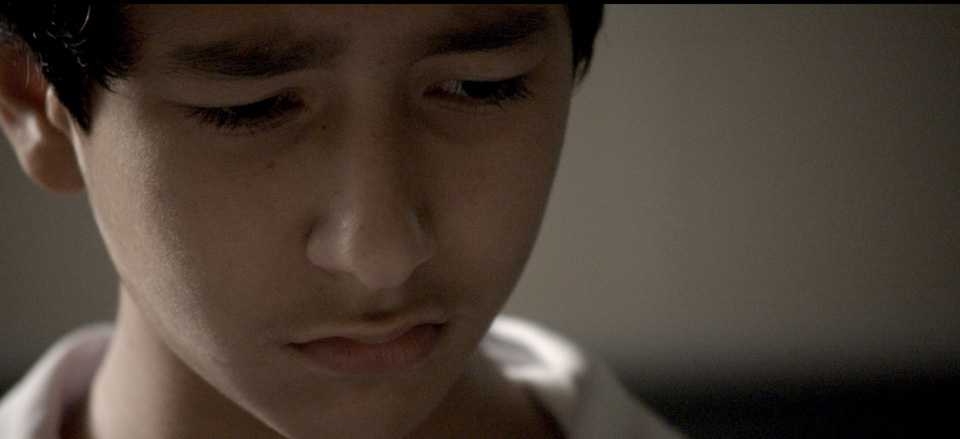Synopsis
As a child Omid is forced to flee his homeland due to political unrest and his father’s revolutionary poetry for freedom. To survive and endure the consequences of mandatory detention and deportation from Australia, Omid trusts in the wisdom of the great poets and his father’s words to avoid internal surrender.
From the depths of political exclusion an artist is born.
Director’s Statement
My polemic in storytelling is always about those living at the fringes of society, whether they are victims of xenophobia or even victims of their own internal psychological struggle.
My love for the Italian neo-realist filmmakers of the 1940s and 1950s is because their films were also concerned with dismissed individuals and their challenges to survive their marginalization.
I reflected on the types of films my hero filmmakers such as Rossellini, De Sica and Visconti would have made had they been living in Australia today. I considered that they would not have retreated from the encounter of making a film about so-called ‘boat’ people. I did not want to shy away from making such a film. I did not want my own fears of condemnation to render me silent or dissuade me. Therefore in making this film I wanted to tell a difficult story genuinely, a story that transcends political issues and xenophobia, in order to make a narrative about humanity, and a lyrical visual about a simple human being; ultimately indistinguishable from the audience and the film maker.
The film’s title was inspired by the Russian tale about a bird that is both a blessing and a curse to its captor. The vision follows the story of a young orphaned asylum seeker who flees his country with his parents due to his father’s revolutionary poetry for freedom and ends up in an Australian detention center, only to be deported offshore to be processed and await refugee status. But in doing the film I discovered that The Firebird was ultimately about the birth of an artist. Omid, our protagonist, grows up to become a musical director whose talent was born out of political exclusion. It was his trust and understanding in the wisdom of the great poets and his father’s plight for freedom that enabled him to survive psychologically while imprisoned.
In the film there is a moment dear to me when Omid discovers the power of art. It is when he soothes a young woman called Arezoo upon their deportation from Australia by reciting the Persian poetry of Rumi in the ancient Persian tongue.
All of the actors are making debut performances.
Director’s Bio
Born in Athens, Greece, he migrated to Australia with his parents as an infant. He studied law and history and received his Doctorate in Jurisprudence from the University of Melbourne. His cinematic and literary expression reflects on the relationship between the mind and authority. Antonis is inspired by mid 20th century Italian cinema and especially by stories dealing with characters struggling at the fringes of society.


